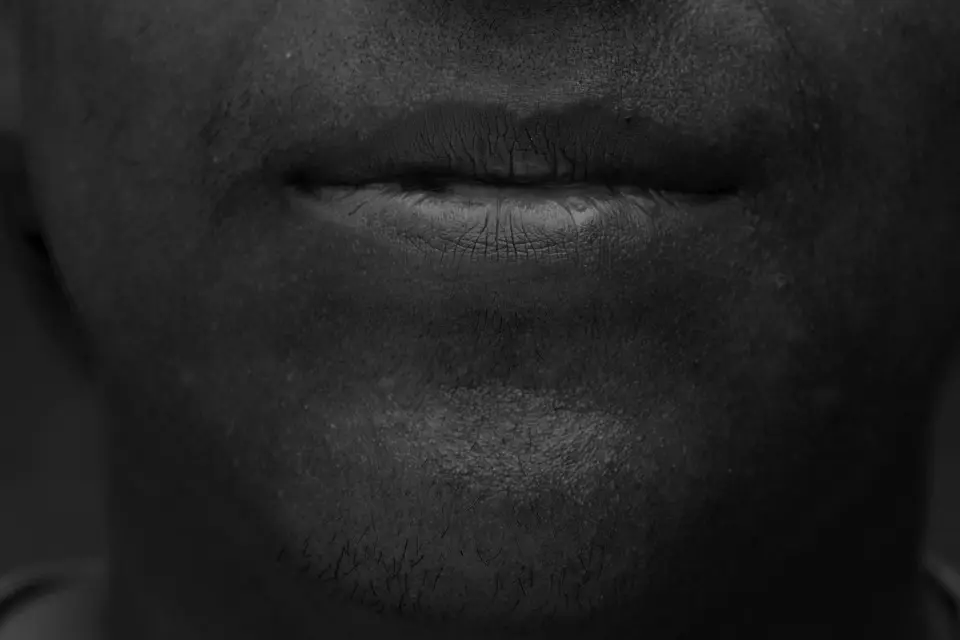Mouth cancer is part of a subgroup of cancers known as head and neck cancers. It can develop in any part of the mouth or oral cavity, which means it may occur in the tongue, gums, the roof of the mouth, lips, the inner lining of the cheeks, or floor of the mouth.

(Pixabay / Hassgt)
As with any other type of cancer, mouth cancer has a high probability for successful treatment when it’s detected early. When you see your dentist for your regular appointment, he or she will check your mouth for any signs of mouth cancer, but recognizing the early signs and symptoms of mouth cancer at home will allow your dentist and doctors to address the problem as quickly as possible.
It’s best if you know the symptoms of oral cancer, so you and your dentist can work together toward prevention and early treatment. See your doctor immediately if you experience any of the following symptoms for more than two weeks:
- Difficulty swallowing or chewing
- A lump or a sore area in your mouth, throat, or on your lips
- A red or white patch in the mouth
- Trouble moving your tongue or jaw
- Unexplained weight loss
- Tenderness, lump, or pain anywhere in your lips or on your mouth
- A mouth ulcer that does not heal or bleed.
- Loose teeth that don’t have a reason to be loose
- Swelling in the gums that makes it uncomfortable to wear dentures
When you observe any of these signs or symptoms, do not panic because they are not definite signs of oral cancer. The same conditions may occur due to other reasons such as an infection or an allergy. The best thing to do is to consult your dentist.
Each year, there are almost 50,000 new cases of oral cancer in the U.S., accounting for about 3 percent of all cancer diagnoses. Certain lifestyle factors, such as alcohol consumption and tobacco use, can increase a person’s risk of getting oral cancer. The Mouth Cancer Foundation reports that around 90 percent of people with oral cancer use tobacco.
Your age, gender, and eating habits are also contributory factors to the development of mouth cancer. More men than women have been diagnosed with oral cancer. People who develop mouth cancers are usually over 40 years old and eat few fruits and vegetables. Exposure to the sexually transmitted disease human papillomavirus (HPV) also increases your risk of mouth cancer.
Your dentist plays an important role in detecting mouth cancer. He or she will visually check your teeth and gums during your routine dental checkup and also inspect for signs of cancer that has spread beyond the mouth onto your lips and face. Your dentist may also examine your neck and jaw area for any signs of oral cancer.
While we all hope to avoid getting oral cancer, there are things you can do to ward it off or increase your chances of early detection. Practice good oral hygiene habits, including brushing twice a day, flossing daily, and using a fluoride mouthwash. Avoid tobacco in any form. These things, combined with routine dental examinations, are excellent ways to prevent and detect oral cancer.
